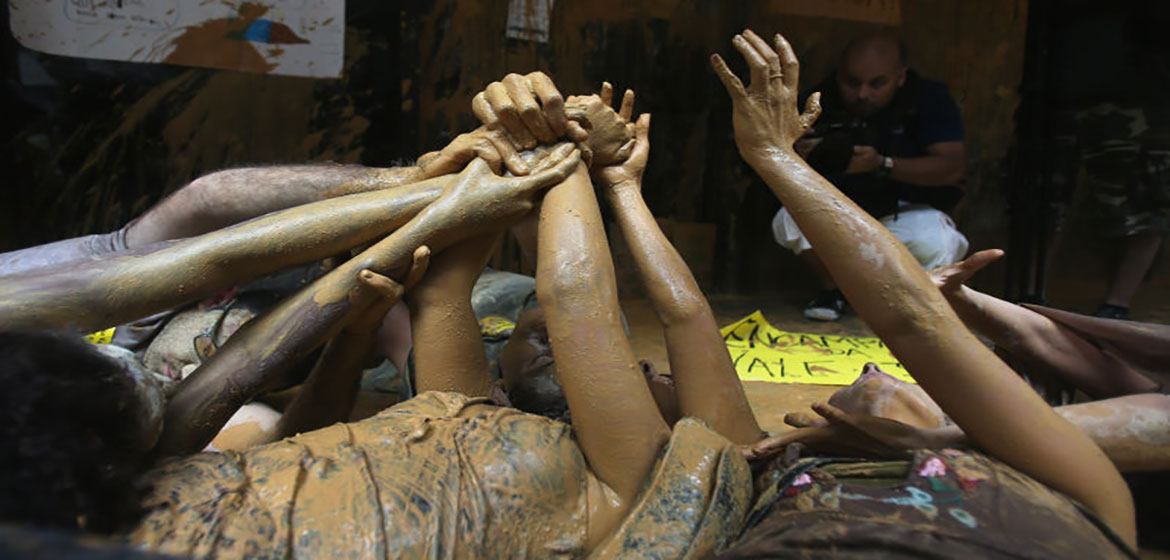By Yessenia Funes
Latin America and the Caribbean finally have a treaty to help protect defenders of the environment.
On Thursday, twelve countries—from Antigua to Mexico to Argentina— the during the 73rd session of the United Nations General Assembly. A first-of-its-kind human rights treaty, the agreement gives community members in these countries more projects or development that impact them and their environment. The agreement also makes it clear that these governments should be informing the public about potentially polluting projects, such as mining activity, as soon as possible.
Most importantly, perhaps, the treaty draws attention to the dangers environmental activists can face in this region of the world. The issue goes beyond their ability to speak freely and critically. This year alone, at least have been killed so far, per The Guardian, which tracks this data in partnership with human rights group Global Witness. Last year, 197 environmental defenders were killed worldwide.
Sixty percent of these deaths occur in Latin America. And indigenous people are disproportionately at risk. The agreement notes that countries should take investigations seriously and create welcoming environments for radical thoughts as part of improving defenders’ protections.
“The Escazú Agreement has the potential to greatly reduce conflict and expand rights to all people,” said Andrew Steer, CEO of World Resources Institute, an international group researching issues around the environment, . “This will send a clear message throughout the region that all people should have the right to a healthy environment without fearing for their lives.”
Countries in Latin America and the Caribbean took steps to finalize this treaty in a meeting that was six years in the making. The issue became more pressing as a growing number of deaths received media attention, including that of indigenous Honduran activist Berta Cáceres, . Her family is still in search of justice, and they have little faith in the Honduran government’s ability to seek it. Cáceres’ trial was set to last week but was after concerns over the judges covering up evidence.
Honduras still hasn’t signed the treaty, but the 12 signatures are enough for it to move forward. Hopefully, this Central American country—and the 21 other countries left to sign on—hops on sooner rather than later to help stamp out the merciless killing of people who simply demand a right to clean air, water, and land.
Source:
Related to SDG 10: Reduced inequalities and SDG 16: Peace, justice and strong institutions



